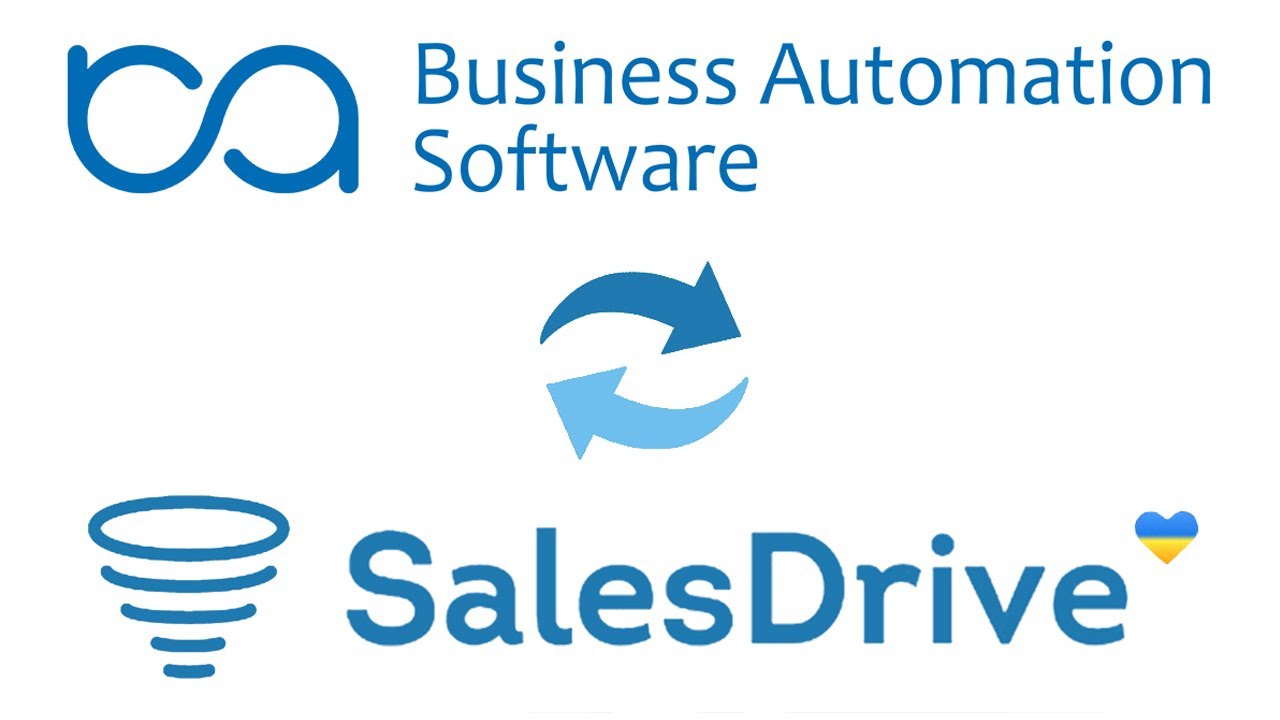Do you have your own online store that is constantly developing? Sales are growing, and you need to constantly manage financial flows and count profits. Today it is convenient to do this not in Excel or Google Docs, but in a modern accounting system. An example of a convenient and effective accounting system is products based on “BAS: Small Business”.
This solution allows you to keep records for any number of online stores. All accounting takes place in one database, maximally adapted to your needs. But the question immediately arises of integrating the accounting system with a CRM system, for example, developed in Ukraine by SalesDrive. Our clients often ask: why not immediately choose a system that has both CPM and financial and composition accounting.
We have come a long way in implementing accounting systems specifically for online trading and we can say that the optimal solution is the integration of the two most convenient systems. This is more effective than developing a single system and bringing it to convenient and correct functioning. Therefore, we recommend the integration of CRM and BAS to our clients.
Functionality for accounting turnover in the accounting system and CRM
Clients will receive automatic duplication of orders from the CRM database to the BAS database. Thus, a new order or an order with a changed status, which was already in CRM, will be overwritten and updated in BAS, and the goods in the warehouse for this order will be reserved automatically. You will see in BAS the moment the order is confirmed and placed for dispatch. If, for example, the order status changes to “Sent”, the data will be updated automatically again. And a document “Sales of goods” will be created, writing off the goods from the warehouse and a note about the client’s debt on the order. BAS and CRM integration can also work in the opposite direction. This, in particular, is a mechanism for updating product balances from BAS to CRM. The remaining goods are entered into the BAS system manually and these changes will be automatically transferred to the CRM. Thus, the relevance of balances will be synchronous in both systems. So, both systems operate separately, but a certain set of data is periodically updated and synchronized, which allows our clients to use CRM and BAS as widely as possible for the successful development of the company.
For example, a trading manager will not work in BAS because he is inconvenient in searching for his orders in the wide functionality of the financial database, but is comfortable using only CRM to track orders and payments from clients, without spending extra time on another system. There is also an example when a merchandiser, who is responsible only for the movement of goods by composition, works exclusively in the BAS system and sees the remaining goods. And although these workers work in different systems, the data is synchronized, and no errors or disagreements arise. The functionality of CRM is very simple and intuitive; it does not require additional time for training workers. But the functionality of BAS, on the contrary, is more complex, because it includes:
- financial Accounting;
- Accounting;
- composition accounting;
- order accounting;
- personnel accounting;
- payroll accounting and much more depending on the BAS configuration.
For this reason, users with skills of one or another type of accounting work with the BAS system. An important advantage of synchronizing BAS and CRM systems is that all processes from the sales department to the warehouse and accounting department will be on the same network. A unified information space allows you to control and analyze data from all accounting areas, see the full picture of the company’s activities and respond in a timely manner to any changes occurring in this chain.

